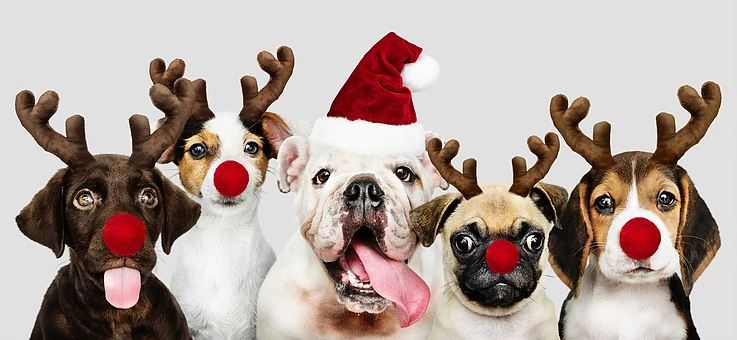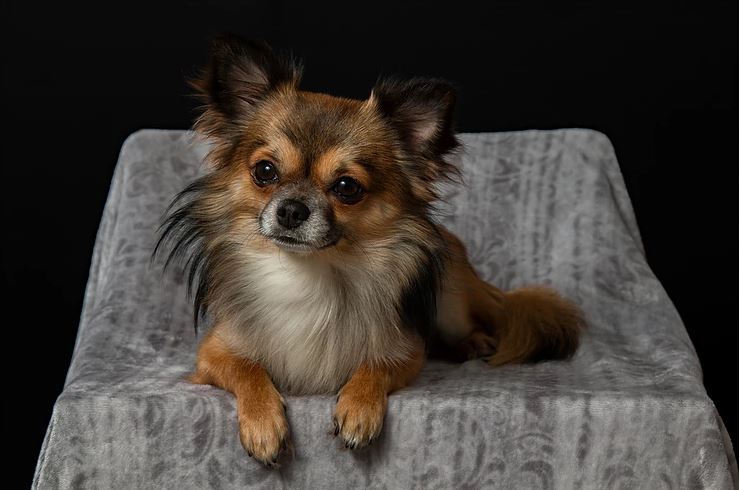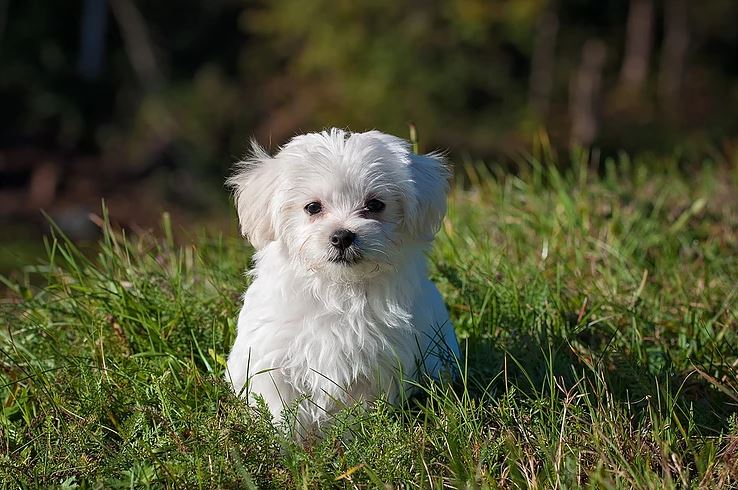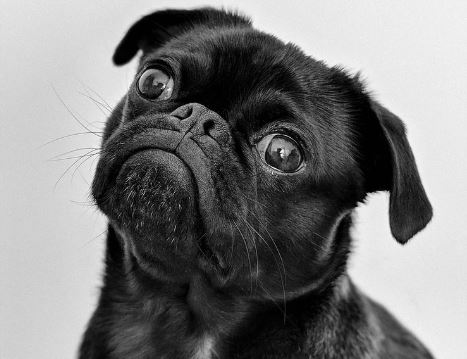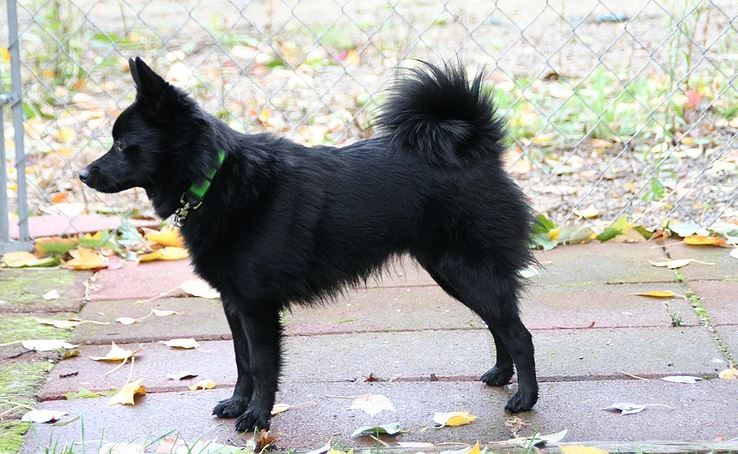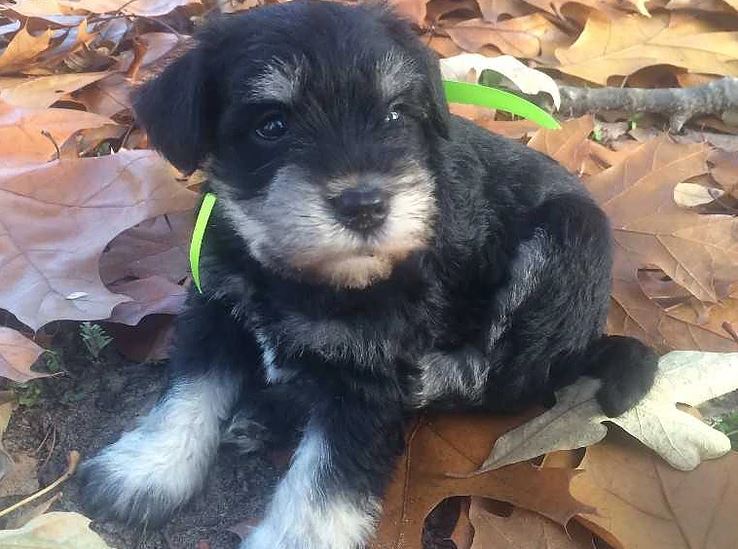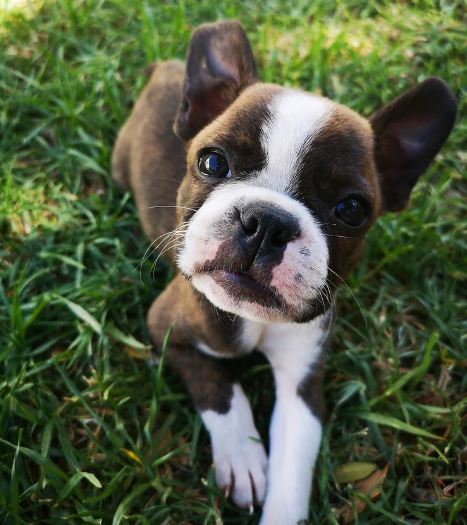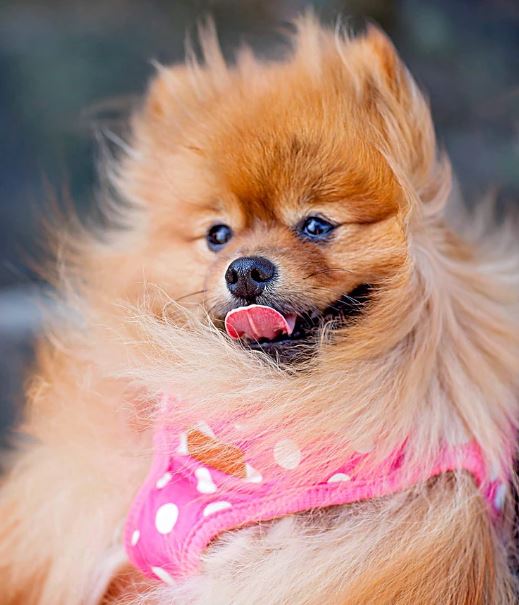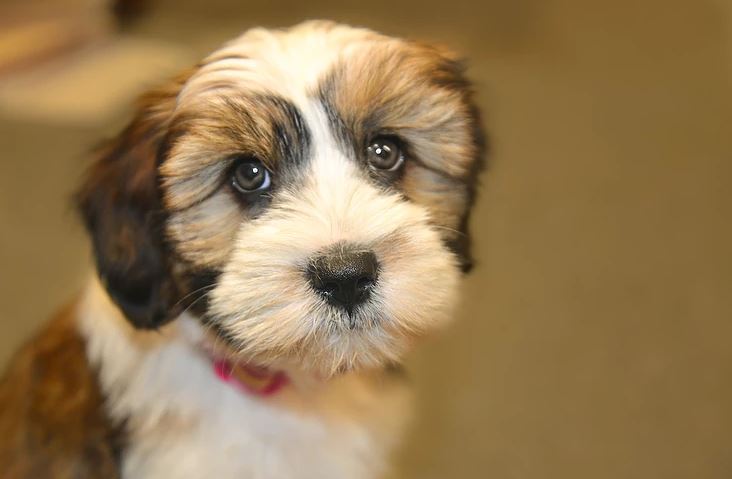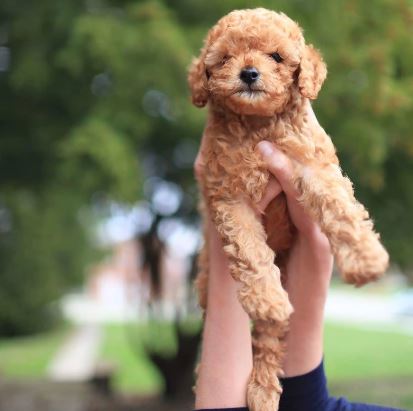Choosing a pet for you or your loved one in the later stages of life can be a difficult one with so many choices available. There are options to match every size, shape or personality desired. Research studies show that pet ownership has significant benefits for senior’s mental, physical and emotional health and can provide physical exercise, socialization and companionship. Pets can be therapeutic, promoting good feelings, and lowering stress, heart rate and blood pressure. Over the long run , pet ownership has been correlated with lower risks of heart disease, stroke and depression.
For most seniors, dogs are at the top of the list when choosing to add a new member to the family. In fact, because of the positive benefits of owning a dog, many assisted living facilities (ALFs) are now allowing pets into their communities. To be sure you choose the right pet for you, here is a consideration list of the best dog breeds for seniors.
Factors to Consider
The following are a list of considerations you should keep in mind when searching for the perfect canine companion:
Breed
As we become older and and more sedentary, a large dog or more active dog may not be the right choice, particularly if the dog owner has physical limitations. Different breeds have different grooming and exercise requirements, which may inhibit the owners from properly caring for the dog. Also, each breed has different trainability and intelligence, so seeking a breed that easily obeys can make a huge difference in identifying the best dog breed for a senior. It is also important to consider the health issues of a particular breed to ensure their viability to be a long-term companion.
Age of the Dog
An adult or senior dog often makes a great companion for a senior human — they are typically already trained, and are usually less active and demanding than a young puppy. Also, older dogs will have already developed their temperaments so you can have more confidence about what you’re actually getting with an older dog. One must also consider a dog’s life expectancy; smaller dogs generally live a few years longer than larger ones.
Temperament
The temperament of a dog (and how well it meshes with the owner’s temperament) is extremely individual, even when taking specific breeds into account. Any potential dog owner will want to take the opportunity to interact and play with an animal before deciding if it’s a match. Occasionally, there could be personality clashes with man’s best friend. One should also consider the dog’s ability to get along with kids, particularly if there are grandkids that visit frequently.
Owners Medical and Physical Abilities
Seniors might also consider their own physical limitations when choosing the best breed for themselves. If you require oxygen, does your tubing end up a chew toy for your new friend? Do you have difficulty with mobility? Will you be able to take your pup for a daily walk? If your dog has long hair, will arthritis in your hands prevent you from being able to comb out all of the snarls and knots that develop in your pup’s coat? Should these things be an issue, do you have the financial resources available to hire someone to do them? In addition to the daily needs, can you also afford their grooming, vaccinations, medications and pet food that is required? If your dog was feeling ill, would you be able to lift a 50 lb dog into the car to get it to the vet? As you can see, the owners health is of critical concern when choosing the best dog breed for seniors to grow old with.
Recommended Breeds
1. Chihuahua
If you have downsized or live in a small house or apartment, then you should consider owning one of the smallest dogs. They only weigh about 5 pounds and can be trained and handled by almost anyone with minimal grooming requirements. This makes them the perfect companion for seniors. Chihuahuas have a ton of personality and love being showered with affection. They can be active, but since they are smaller, they can get sufficient exercise usually just playing indoors. They can be good watchdogs as they are very loyal and protective, however that may mean they need a little training before dealing with children. Some chihuahuas can bark a lot and may require training to maintain your peaceful household.
2. Maltese
For a dog that sheds very little, choosing a small, long-haired dog is your best option. Although a dog show Maltese is perfectly groomed with moves of flowing white fur, the same fur becomes easy-care when kept clipped short. Maltese dogs were specifically bred to be companion dogs, so their breed is prized for their small size, typically weighing less than 8lbs. Their compact size makes them ideal travel companions and great lapdogs. In addition these dogs are incredibly attentive to their owners, loyal, affectionate and very loving. They don’t really require vigorous exercise, so a moderate walk around the block every now and then should keep them happy and healthy.
3. Pug
Pugs are naturally well-behaved dogs, which makes them ideal for someone who doesn’t want to be cleaning up messes all the time (as long as you don’t mind picking up all their hair – they do shed a lot). Pugs are known as adaptable, charming and eager to please. They are also friendly, affectionate and loyal making them the perfect lap dog. One of the pug’s greatest assets is its’ size. They are so small, they can live just about anywhere and they don’t need a whole lot of exercise, so inside exercise is just fine for them.
4. Schipperke
Schipperke are small but sturdy dogs, making them an excellent selection for senior citizens. Another bonus is their long life spans, with the average life span of this breed at 13-16 years. Adult schipperke dogs grow to be 10-12 inches tall and have an average weight of 7-20 pounds. They are highly intelligent dogs and loyal to their humans. They have a tendency to bark, making them good watch dogs, but keep them on a leash, they are fast and energetic, so freedom may be dangerous if you live on a busy road. Skip’s, as they are affectionately called, were developed for onboard living so if you are a sea-farer, strap on a life jacket and hit the open waters with your Skip-per.
5. Schnauzer
Schnauzers come in various sizes, including miniature, so they offer a lot of choice to seniors who may be limited on their pet size requirements. They are energetic, playful, trainable, and good with children, although they can have strong guarding instincts. This breed can be quite active, with a considered medium energy level, so playtime with your schnauzer can help to keep you active as well. If you do have size limitations, then consider a miniature schnauzer. They are intelligent and affectionate dogs, and don’t mind being left at home for short periods – making them the perfect companion to an active senior. Since they are also compact and adjust to the cold pretty well, unlike many other small breeds, they make great option for seniors who may live in places where it snows.
6. Boston Terrier
Boston Terriers are often at the top of the list of best dog breeds for seniors because of their manageable size, friendliness, ease of grooming, and love of spending time with their owners. According to the president of the Boston Terrier Club of America, Dane LaJoye, “Boston Terriers are bred to be companion dogs. They like nothing more than to be with their owner, on the sofa watching TV, or curled up next to their owner in bed. The breed is happy-go-lucky and playful, yet attentive to their owners’ needs.” The Boston Terrier’s agreeable personality and small size make it an excellent choice for a senior or someone in an assisted living facility.
7. Pomeranian
These small, adorable dogs are nicknamed “Pom-Poms” because of their appearance. The Pomeranian is an intelligent little people-pleaser and one of the cutest dogs you’ll ever see. Being small and lightweight, they are easy to handle, and, though energetic, don’t require a lot of exercise as long as they get their allotment of attention. Besides regularly brushing their thick coat, their grooming needs are fairly straightforward. Most Pomeranians have sweet and gentle dispositions and make excellent lap dogs. They’re also playful and very smart, meaning that it’s easy to train them to do fun tricks. They also tend to bark a lot, which is terrific if you’re looking for a guard dog. But if you prefer peace and quiet, a Pomeranian might not be the perfect match for you.
8. Shih Tzu
Originally bred in Tibet, Shih Tzus are easily recognizable by their silky “fancy” coats. As a result, their long, luxurious coat do require a bit of time to devote to grooming. They typically weigh in at about 10-15 pounds and are usually about 9-10 inches tall. Though Shih Tzu dogs might have a tendency to bark, they are also known for their friendly, playful, and alert nature. They are also small, which is ideal for apartment living. Shih Tzus have small exercise needs, so with daily walks and indoor playtime, they tend to be healthy and long-lived. This breed was also bred for companionship and enjoy sitting on their owner’s lap.
9. Beagle
Beagles are one of the most well-known dog breeds, thanks in large part to Snoopy. Beagles are cute, funny, loyal, and friendly, enjoying the company of other dogs and humans. They love to play and are excellent family dogs. Beagles are extremely affectionate, making them excellent companions for seniors. They can also be independent, which may make training a challenge, and they do need plenty of exercise – which is great for more active seniors. They can shed a lot, but their coat is relatively easy to care for with regular brushing.
10. Poodle
Coming in many different sizes and colors, there’s a poodle out there for everyone. Smart, proud, and active, it’s no surprise that poodles are the 7th most popular breed overall. They’re an intelligent and easily trained breed with a lively personality and a sense of humor, so trick training is usually a breeze with these dogs, and once trained, poodles seem to live to keep you laughing. They enjoy a variety of activities, which makes them very adaptable to different-sized living situations. They are also relatively clean, hypo-allergenic and low-shedding dogs who are easy to maintain as long as you keep regular grooming appointments (or learn to maintain a short “puppy clip” yourself). Poodles tend to have relatively long lifespans, another important consideration when selecting a pet for a senior. Toy and miniature versions have lifespans of up to 15 years, while standard (large) Poodles live for an average of 12 years.
11. Yorkshire Terrier
These dogs are tiny, hypoallergenic, clean, intelligent, and don’t need a ton of exercise. Though a Yorkshire Terrier (or Yorkie) has long hair that requires a lot of grooming, they are small and adaptable, making them a good option for small space living. Yorkies are intelligent, loyal, and lively, and usually get enough exercise with a daily walk. With a long history as companion animals, they enjoy daily interaction with their people; they can get a bit bossy, and like to follow their human companions around. They just may be the ideal dog for a senior who is looking for a snuggle pet.
People who love dogs know that their animals are much more than pets – they’re just like members of the family! The best breeds for seniors on this list were all selected because they make great pets for aging adults, especially those who live by themselves and could use the companionship. If you read about a breed you like here, it’s worth checking out the local rescue groups to see what dogs are available. Good luck finding yourself a new best friend!
The information you need . . . straight up!
Other articles you may be interested in:
Breathing in Breathing in the Spring Air
10 Activities That 10 Activities That Are Surprisingly Good For You

